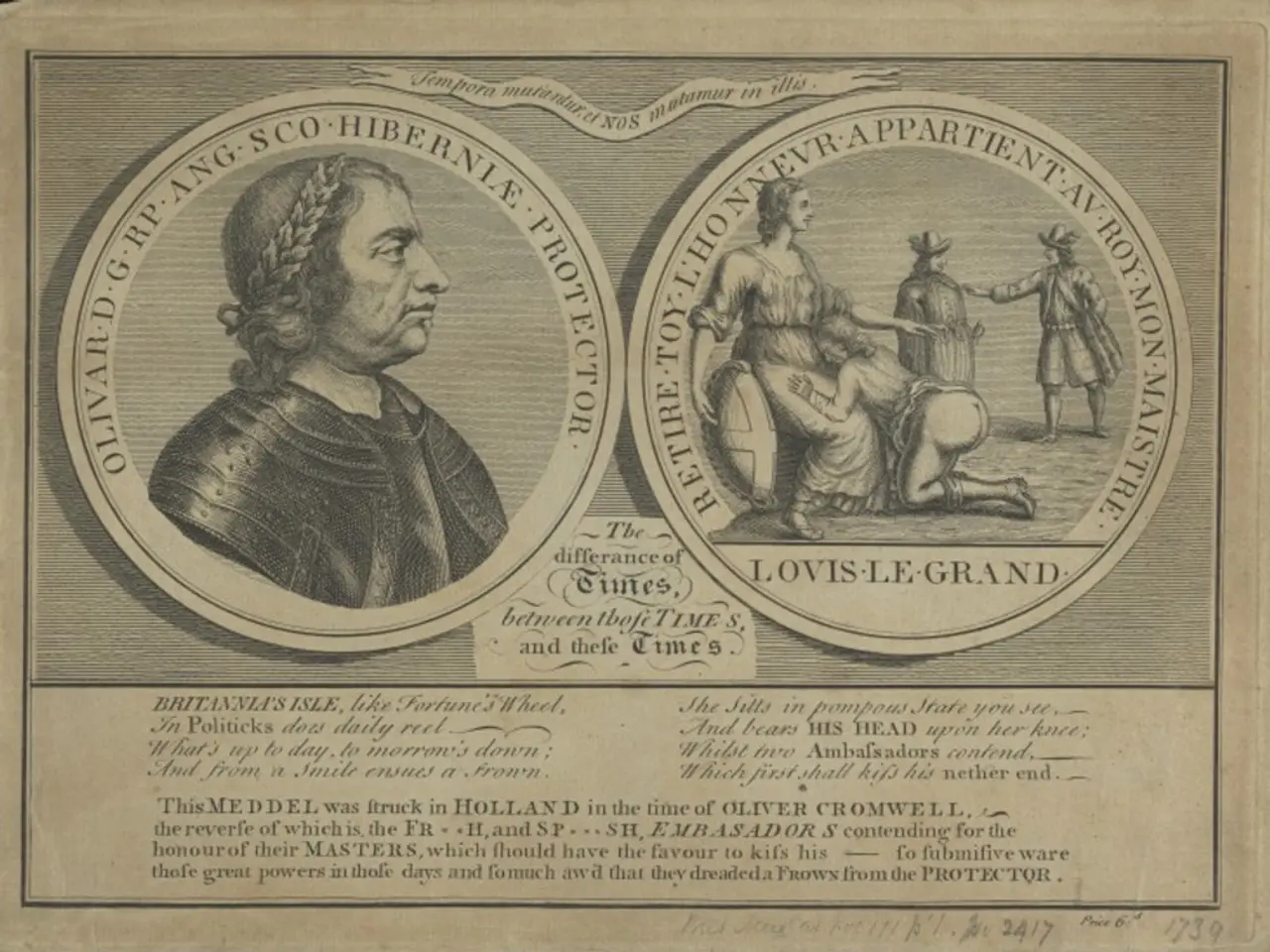A Second Mortgage Explained:
A second mortgage is a financial tool that allows homeowners to convert some of their home equity into a loan. There are two main types of second mortgages: home equity loans and Home Equity Line of Credit (HELOC).
A home equity loan provides a lump sum at a fixed rate over a set term, usually 30 years. On the other hand, a HELOC is an open line of credit that can be borrowed from as needed, with an interest rate that may be variable.
To qualify for a second mortgage, homeowners need to have sufficient home equity, a credit score of at least 640, and a debt-to-income ratio less than 43%. The borrowing limit for a second mortgage varies from lender to lender, with most allowing up to 85% of the home's value minus what is owed.
Calculating home equity is simple: subtract the current mortgage balance from the home's value. A home appraisal is required for a second mortgage to determine the current value of the home.
One popular way to access home equity is through a cash-out refinance. This involves refinancing the primary mortgage to a larger loan than what is owed, allowing you to pocket the difference. Cash-out refinances have fixed interest rates and terms up to 30 years.
Second mortgages can be beneficial for funding home improvements, refinancing high-interest debt, or improving finances. However, missed payments on a second mortgage can lead to foreclosure.
Borrowers with an existing second mortgage may choose a cash-out refinance to pay it off, consolidating their debt into one loan with a fixed interest rate. Some borrowers prefer a cash-out refinance over a second mortgage to have one mortgage instead of multiple.
It's important to note that in a worst-case scenario, the lender on the original mortgage would be paid off before any funds go to the lender holding the second mortgage.
Interest rates offered for a HELOC (Home Equity Line of Credit) vary and are typically based on the prime rate plus a margin. For the exact current rate, it's best to confirm directly with the lender, such as FourLeaf Federal Credit Union.
In conclusion, a second mortgage can be a useful financial tool for homeowners looking to access the equity in their homes. As with any financial decision, it's crucial to understand the terms, potential risks, and benefits before making a choice. Always compare lenders, gather documentation, apply, review disclosure documents, provide additional documentation for underwriting, and close on the second mortgage with care.
Read also:
- Peptide YY (PYY): Exploring its Role in Appetite Suppression, Intestinal Health, and Cognitive Links
- Toddler Health: Rotavirus Signs, Origins, and Potential Complications
- Digestive issues and heart discomfort: Root causes and associated health conditions
- House Infernos: Deadly Hazards Surpassing the Flames








